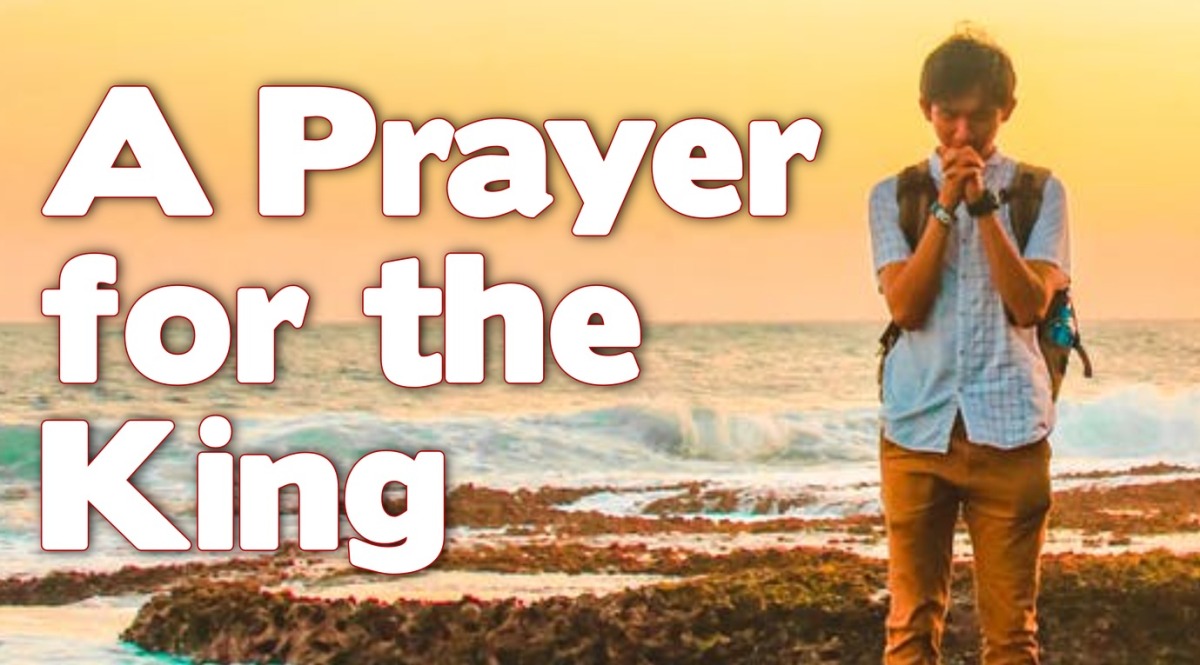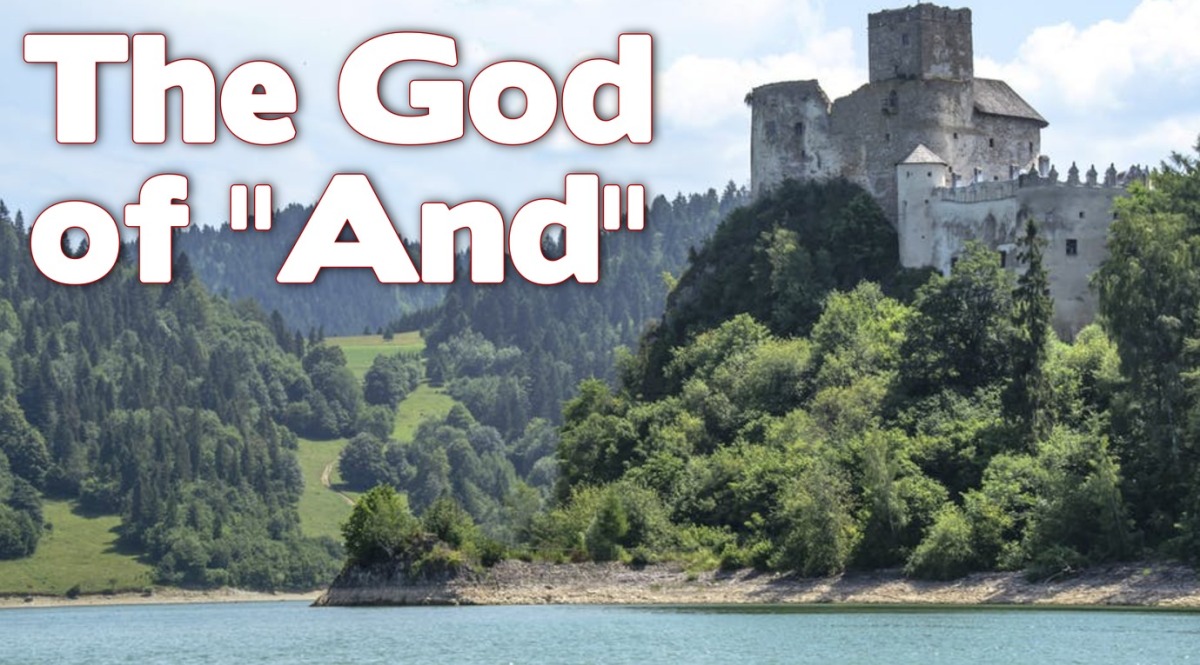Today’s reading is Psalm 21.
Psalm 21 begins and ends with the strength of the Lord. It begins with the king exulting in the Lord’s strength. It ends with the people of the king exalting the Lord and His strength in song and praise. The Lord’s response to our praying deserves, in fact demands, a response from us in praise. We asked Him for victory and He gave it. He deserves praise. The Lord’s supremacy over the powers that assail us deserves, in fact demands, a response in praise. And we, more than any of the ancient Israelites who prayed Psalm 20 and witnessed the victory of Psalm 21, have reason to praise. How can we not when the victory of our King was the victory over sin and the grave? C. Hassell Bullock in his comments on this psalm reminds of a hymn written by Robert Lowry: “How Can I Keep from Singing?”
My life flows on in endless song, above earth’s lamentation.
I hear the clear, though far-off hymn that hails a new creation.
No storm can shake my inmost calm while to that Rock I’m clinging.
Since Christ is Lord of heaven and earth, how can I keep from singing?What though my joys and comforts die? I know my Savior liveth.
What though the darkness gather round? Songs in the night he giveth.
Through all the tumult and the strife, I hear that music ringing.
It finds an echo in my soul. How can I keep from singing?The peace of Christ makes fresh my heart, a fountain ever springing!
Robert Lowry
All things are mine since I am his! How can I keep from singing?
“How Can I Keep from Singing?”
Quoted (though rearranged) from C. Hassell Bullock, Teach the Text Commentaries, Psalms vol 1, p 155
Isn’t the psalmist really saying exactly that? We see Your power, Your response, Your victory, Lord; how can we keep from singing?
Next week’s reading is Psalm 22.










